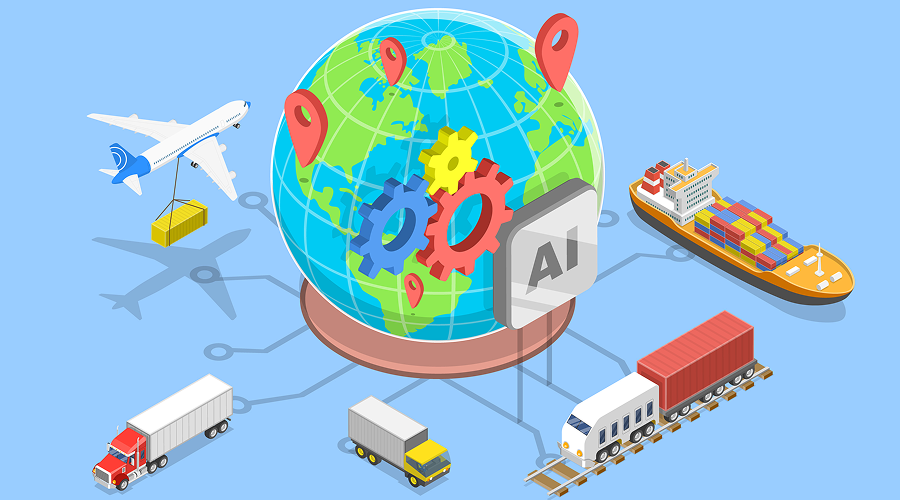Understanding Taxes for Cross-border E-commerce: Key Points on Customs Duties, Consumption Tax, and VAT

Introduction
As the cross-border e-commerce market expands, understanding the tax landscape is becoming increasingly critical. In this article, we delve into customs duties, consumption taxes, and VAT, key taxes applied across various countries in cross-border e-commerce transactions. A solid understanding can help avoid costly issues and smoothen your e-commerce operations.
1. What Are Customs Duties?
1.1 Types of Customs Duties
Customs duties are unavoidable taxes in cross-border e-commerce and vary based on the type of product and importing country. For instance, there are “ad valorem” duties based on product value, “specific” duties based on quantity, and “compound” duties, a combination of both.
1.2 Country-Specific Customs Systems
Customs systems differ worldwide, with tax rates set according to free trade agreements (FTAs) or domestic consumption-focused rates. In China, for example, common duties include the "Postal Tax" and the "Cross-border E-commerce Integrated Tax," making it essential to verify applicable rates before shipping from Japan.
2. Understanding Consumption Tax and VAT
2.1 Handling Consumption Tax
Most countries levy a domestic consumption tax, yet for cross-border e-commerce, tax exemptions may apply. For instance, exports of products purchased in Japan are generally consumption tax-exempt, although taxes may apply in the receiving country.
2.2 VAT (Value-Added Tax)
VAT applies in regions like the EU and the UK, taxing a percentage of the product price. The IOSS (Import One-Stop Shop) system simplifies VAT payment across the EU, enabling sellers to manage VAT under a unified system.
3. Avoiding Customs Issues
3.1 Addressing Clearance Issues
Delayed payments or customs holds can increase customer concerns. Responding swiftly and accurately is crucial, as is providing updated customs information.
3.2 Leveraging IOSS and Local Partnerships
For sales in the EU, utilizing the IOSS system or local partnerships can minimize VAT-related issues. Following the guidelines set by logistics providers and cross-border e-commerce platforms, while adhering to local laws, is essential.
Conclusion
Knowing the basics of taxes for cross-border e-commerce is crucial for smooth operations. Verify tax regulations in each country beforehand to build trust and avoid unnecessary problems with customers.
About AnyLogi
AnyLogi is a comprehensive logistics platform that supports domestic and international logistics. Seamlessly connected with various e-commerce platforms such as Shopify, AnyLogi provides complete logistics solutions. Our services include local distribution networks, forwarding, and import/export support, with quote estimates available as early as the same day. Please feel free to contact us using the form below.








